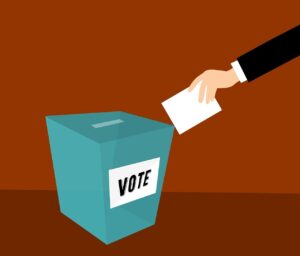The Reserve Bank of India (RBI) has issued the ‘Framework for facilitating small value digital payments in offline mode’. The central bank has set the upper limit for individual offline payment transactions at Rs 200, subject to an overall limit of Rs 2,000, and said such payments could only be done face-to-face. The new framework is applicable with immediate effect..
“Transactions are subject to a limit of Rs 200 per transaction and an overall limit of Rs 2,000 for all transactions until the balance in the account is replenished. Balance replenishment can only occur in an online mode,” said the Framework for Facilitating Small Value Digital Payments in Offline Mode.
“The framework incorporates the feedback received from the pilot experiments on offline transactions conducted in different parts of the country during the period from September 2020 to June 2021,” the RBI said in a statement.
What is an offline digital payment?
An offline digital payment means a transaction that does not require internet or telecom connectivity. Under this new framework, such payments can be carried out face-to-face (proximity mode) using any channel or instrument like cards, wallets, mobile devices, etc. Such transactions would not require an Additional Factor of Authentication (AFA). Since the transactions are offline, alerts (by way of SMS and/or e-mail) will be received by the customer after a time lag.
Offline mode of payment can be enabled only after obtaining the specific consent of the customer. Customers shall enjoy protection under the provisions of circulars limiting customer liability issued by Reserve Bank (as amended from time to time). Customers also have recourse to the Reserve Bank – Integrated Ombudsman Scheme for grievance redress.
“Offline transactions are expected to give a push to digital transactions in areas with poor or weak internet or telecom connectivity, particularly in semi-urban and rural areas. The new framework is applicable with immediate effect,” the RBI said.
The RBI has asked all the authorised payment system operators (PSOs) and payment system participants (PSPs) – acquirers and issuers (banks and non-banks) – to ensure compliance with the instructions.
RBI has been working on allowing offline payments for a few years and had included it in its vision document 2019-21 for payment and settlement systems.









RBI to lenders: Stop charging compound penal interest on loans
Why women must take care of their finances
Axis-Citi deal: What changes for Citibank cardholders in India